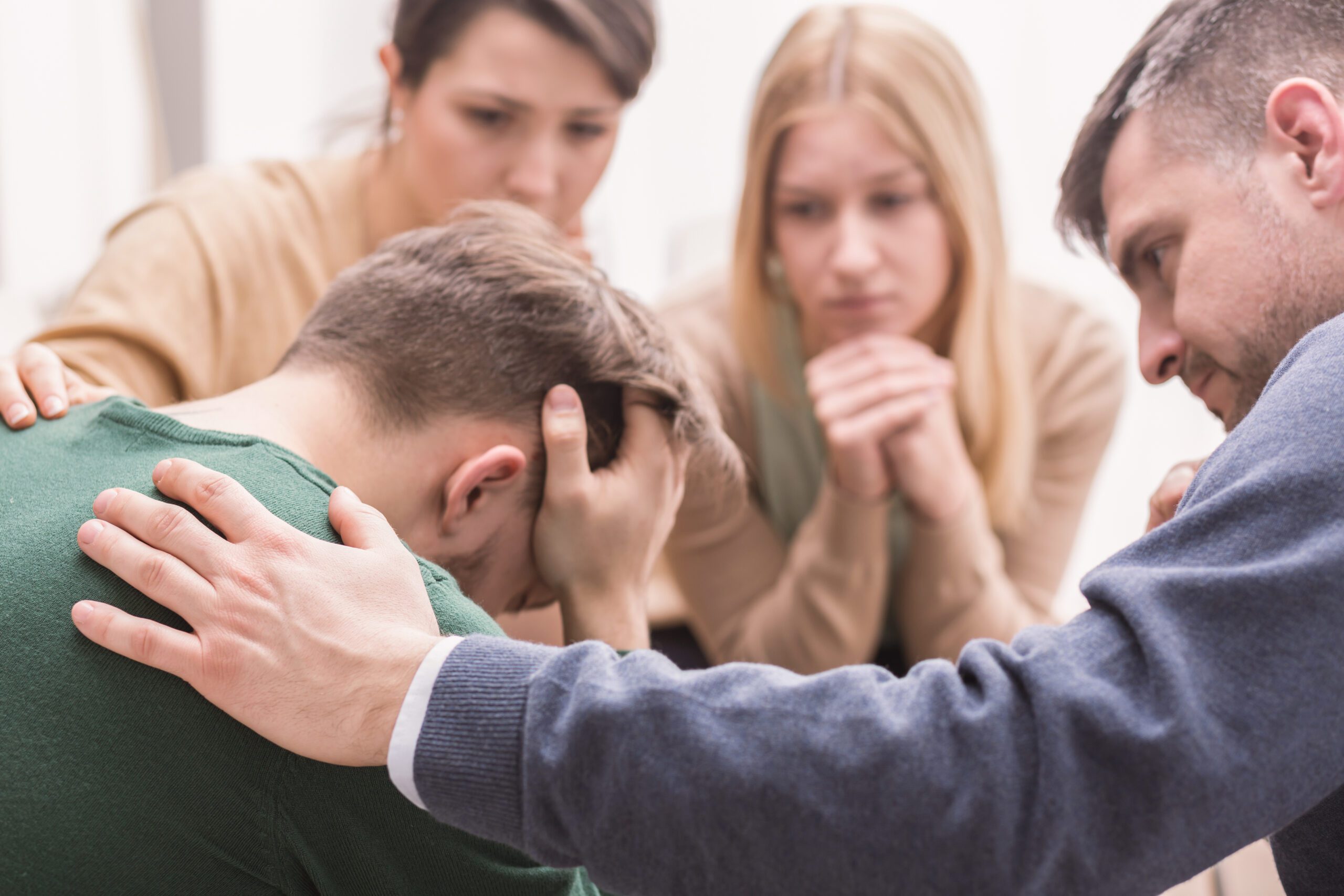Family involvement is a crucial aspect of addiction recovery. Addiction is a global pandemic that changes the brain’s structure and functions, affecting the individual’s behaviors and perceptions. According to SAMHSA, about 61.2 million Americans used illegal drugs between 2020 and 2021. But a person’s substance abuse isn’t the only thing to worry about because they aren’t the only person affected. Addiction also affects the entire family and their loved ones. It invokes fear and anger in each family member, leading to dysfunction, conflict, and denial.
Because addiction affects everybody, treating the whole family is essential for the well-being of everyone. This is why family involvement in recovery is critical. Involving family members in the recovery process can provide encouragement and valuable support to the person. Additionally, family involvement can make the person accountable.
How can the family get involved and support the person in recovery? This blog post covers all aspects of family involvement in addiction recovery.
Family Involvement in Addiction Recovery
Family involvement in addiction recovery is beneficial to the person in recovery and their loved ones. Below are some benefits;
Better support
A family’s involvement in a person’s recovery can make a tremendous difference in the individual’s ability to maintain sobriety. Family members can encourage the person and offer some empathy.
Improved communication
Substance use disorder often affects relationships and causes communication issues. Family involvement helps improve communication between family members.
Increased accountability
Involving family members in a person’s recovery can make such an individual accountable for their actions. This helps the person stay true to their recovery plan.
Educating the family about addiction and recovery
As mentioned, many people have misconceptions about addiction and recovery. Recover involvement can help them learn more about addiction and increase the chances of helping their loved one overcome substance use problems.
How Family Members Can Get Involved in Addiction Recovery
Below is how family members can get involved in recovery;
Get on with family therapy
Family therapy can provide more insight into addiction and recovery, improve communication, and create boundaries. Family therapy can address any underlying issue that may contribute to the addiction.
Encourage participation in support groups.
Family members should encourage the person in recovery to join support groups, such as Alcoholics Anonymous or Narcotics Anonymous. You can also join these group meetings to gain more insight into addiction and recovery and support the person.
Maintain a sober living environment.
Individuals with substance use disorder can be triggered by the environment. Family members can create an environment without substances, including alcohol and drugs, to prevent any triggers.
Offer emotional support
Addiction recovery can be complicated and emotional. Without support, especially from family members, sobriety is never fully achieved. Family members can provide emotional support for the person by loving and encouraging them complete treatment and listening without judging.
Understand addiction and recovery.
Addiction isn’t rocket science, but many people still don’t understand what it means or the adverse effects it projects. This is why education is essential. When you learn about addiction, you can support your loved one to achieve sobriety.
Addiction recovery is a long process that needs support from everyone. Family involvement can play a crucial role in helping the individual recover.
Family Therapy for Addiction Recovery
Family addiction recovery typically involves the whole family in the addiction recovery of the individual with substance use disorder. Family therapy emphasizes that addiction is a disease that affects the person and those in their life. With the family involved in the recovery process, family therapy can help identify and resolve the root causes of addiction and develop ways to heal and solidifies family relationships.
This form of therapy requires a licensed therapist to work with the whole family, including those struggling with substance use disorder, to identify and resolve specific issues that may lead to addiction. These issues may include; communication problems, financial issues, and disordered family dynamics. The family therapist works with family members to create strategies to address these problems and support the individual in their recovery process.
Family therapy for addiction recovery has several benefits, such as improving family communication and relationships, helping family members understand addiction and its effect, and identifying and addressing co-occurring mental problems that may have caused addiction. Another benefit of this therapy for addiction recovery is it helps establish a support network for the person in recovery by encouraging and motivating them to continue their treatment.
Family involvement in therapy is very effective and is often combined with other forms of treatment. If you or someone you know is struggling with substance use disorder, seek help immediately by contacting a licensed family therapist specializing in addiction recovery.
CFC Recovery Offers a Family-Based Treatment Program
A treatment plan that includes the entire family in recovery is vital to help ensure the best outcome. Therapy sessions with one or both parents will address triggers and destructive thinking patterns by replacing them with positive ones. The individual and family members will heal together and live healthier through family therapy.
CFC Recovery offers family therapy and other resources for families to foster quicker recovery of the person with substance use disorder. Our medical team is experienced and dedicated to ensuring longer sobriety. You can visit us at 260 Casino Drive, Farmingdale, NJ, or call us at 1-833-300-HOPE.



